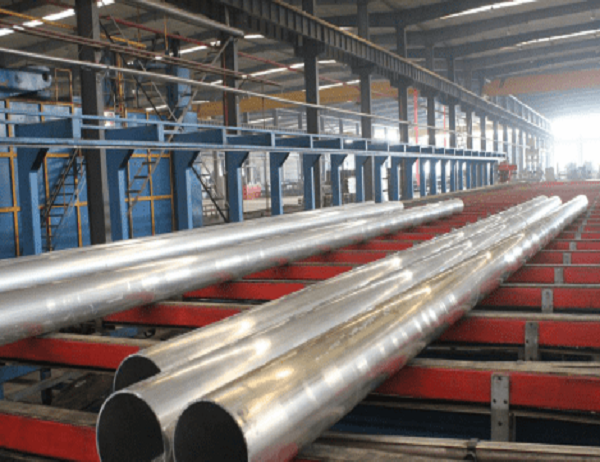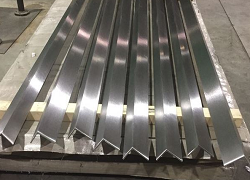In the realm of metalworking, aluminum alloy tubing stands apart as a versatile and indispensable material for countless industrial and consumer applications. Delving into the diverse types and grades of this alloy unveils a labyrinth of properties tailored to specific requirements.
Types of Aluminum Alloy Tubing
Seamless Tubing: Produced through an extrusion process, seamless tubing offers superior strength and uniformity due to its lack of joints. Ideal for demanding applications in aerospace, automotive, and energy sectors.
Welded Tubing: Constructed by welding separate pieces of aluminum sheet or strip, welded tubing provides cost-effective solutions with good strength-to-weight ratios. Widely used in fencing, furniture, and automotive exhaust systems.
Grades of Aluminum Alloy Tubing
Aluminum alloy tubing is classified into various grades based on its composition and properties:
1000 Series (Pure Aluminum): Featuring high purity and excellent corrosion resistance, these alloys are suitable for food processing, chemical handling, and heat exchangers.
2000 Series (2XXX): Alloyed with copper, 2000 series tubing offers increased strength and hardness, making it ideal for aerospace, automotive, and marine applications.
3000 Series (3XXX): Containing manganese, these alloys are known for their high strength and heat treatable properties. Widely used in structural components, architectural framing, and electrical conductors.
4000 Series (4XXX): Featuring silicon alloying, 4000 series tubing exhibits excellent weldability and corrosion resistance. Suitable for welding applications and architectural curtain walls.
5000 Series (5XXX): Alloyed with magnesium, 5000 series tubing offers high strength and ductility, making it an excellent choice for marine and transportation industries.
6000 Series (6XXX): Containing magnesium and silicon, these alloys provide good formability and corrosion resistance. Commonly used in automotive, marine, and aerospace applications.
7000 Series (7XXX): Featuring zinc, magnesium, and copper alloying, 7000 series tubing offers exceptional strength, hardness, and machinability. Ideal for high-performance applications in aerospace and military equipment.
Conclusion
The diverse range of types and grades of aluminum alloy tubing cater to a vast spectrum of applications, from lightweight and corrosion-resistant tubes to high-strength components for demanding industries. Understanding the nuances of each type and grade allows engineers and designers to optimize their designs and achieve the desired performance characteristics.



